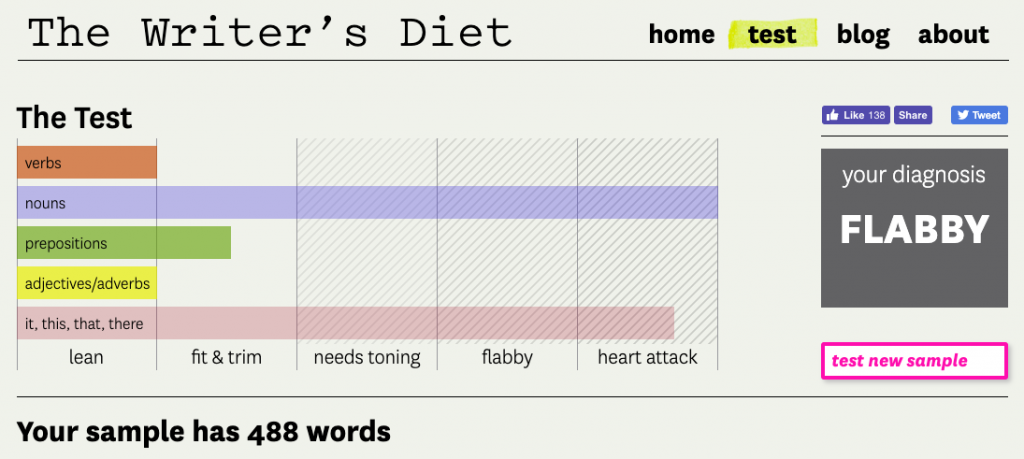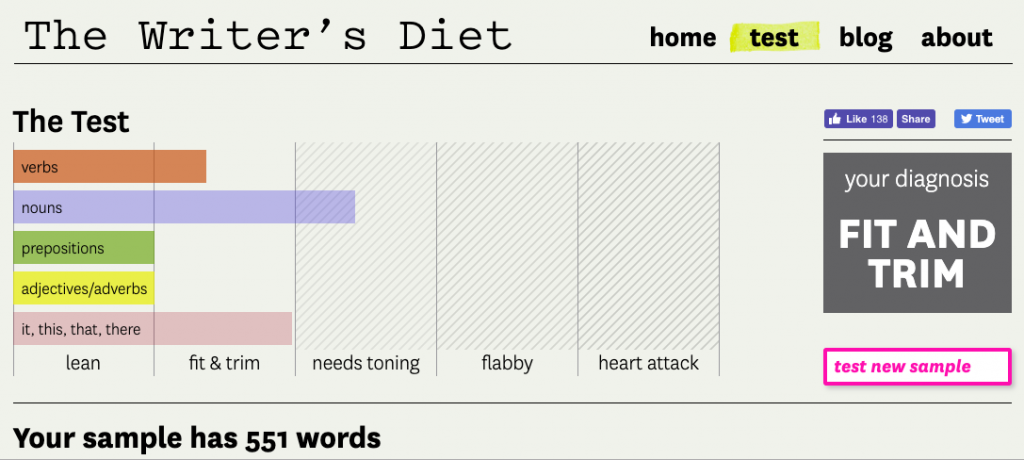Writing Good Writing in the OPEN
This week’s topic in the Research Colloquium course has focused on good writing, the value of good writing, and the process of creating a quality dissertation/proposal. These topics are connecting to other readings from DS1 when I was introduced to academic writing, scholarly writing, and writing for an academic purpose. This all spirals toward notions of hupomnemata and “writing with desire, not correct usage” to produce text that is not “stunted by a dictatorial attitude that wants to protect convention and tradition” (Leggo, 2002, p. 5 & 6).
Writing openly, as Laura Goggia does in Granularities of the Open Dissertation, shares the story and uncovers the author. It reveals good writing done openly. Am I willing to do the same?
Ross (2012) argues that “online reflective practices are conceptually different from their offline counterparts” (p. 2) and they reveal tensions between self-promotion /authenticity, narcissism/confession, invisibility/more presence. Data privacy and safety in the construction of a digital identity are considerations that impact online reflective writing. Here, I am making conscious choices while negotiating privacy as well as respecting the work of others.
So, I’m taking the test – in the open – and reporting the results, in my effort to openly share my practice toward a good writing practice. Here are the results from two blog posts written in the last 6 weeks from my Step By Step blog site. I’m using The Writer’s Diet created by Dr. Helen Sword. I was introduced to her work in DS1 and frequently think about the zombie nouns video from that first introduction. Here are my test results.


My shock and amazement at the first result could be heard in the next room, since I thought that blog post was one of my better reflections. The second was encouraging, but this still reveals some areas of concern. My writing may not be as fit, trim or lean as I had hoped. I’d like to try this test with some of the dissertation writing that I will be reading over the next several weeks as a comparison, but will not report those results. That will be my own private inquiry that could inform other reflective writing.
I’ll encourage my classmates to give this digital tool a try – testing writing ‘fitness’ for private or academic improvement.
References
Ross, J. (2012). Just what Is being reflected in online reflection? New literacies for new media learning practices. In L. Dirckinck-Holnnfeld, V. Hodgson, & D. McConnell (Eds.), Exploring the Theory, Pedagogy and Practice of Networked Learning (pp. 191–207). New York: Springer.
